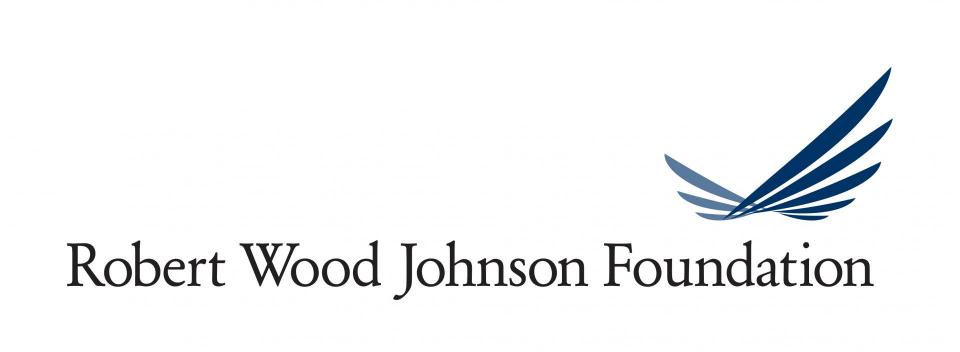Equitable Parks and Green Spaces in Small and Midsize Cities: Planning Grant
Deadline: September 9, 2020
City parks and green spaces play a vital role in the social, economic, and physical well-being of America’s cities and their residents. They provide access to recreational opportunities, improve physical and mental health, spur local economies, facilitate social cohesion, improve safety, mitigate storm water runoff, and provide protection from heat islands and other environmental threats.
The COVID-19 pandemic increased recognition of the crucial role that parks and green spaces play as they provide an outlet from the stress of indoor confinement. However, parks and green spaces are not equitably distributed across cities. Low-income communities and communities of color experience a range of negative effects from disinvestment, including the availability of quality parks. Green infrastructure is particularly needed in low-income neighborhoods and communities of color, which—due to historic housing discrimination and residential segregation—often are located in flood-prone areas; are exposed to disproportionately higher heat levels; air pollution and other environmental risks; and have fewer resources to prepare for and recover from extreme weather events and climate change.
RWJF’s goal is to ensure that the initiative will catalyze community led parks and green spaces, support more equitable funding and access to parks and green space, lead to park and green space features and programming that are inclusive, and advance climate resiliency in places disproportionately burdened by climate risks.
Purpose
The Robert Wood Johnson Foundation (RWJF) seeks an organization (or up to three collaborating organizations) to plan an initiative, which, by influencing policy and systems change, rectifies the inequitable distribution of parks and green spaces in low-income communities and communities of color in urban regions, including small and midsize cities (pop. 50,000–500,000). This work will build on the Foundation’s several years of field learning.
They are seeking applicants that have experience, expertise, and missions related to elevating equity in decisions, plans, and programs that affect the community conditions in which low income people and people of color live. This includes organizations with experience in community power building, community-led planning and programming, and community-driven decision-making.
They also expect that the applicant team (not necessarily the lead applicant) will possess content knowledge about parks and green spaces and related topics, such as climate resilience. Applicants should have the capacity to implement the planned effort, which will be funded separately.
Eligibility and Selection Criteria
- Applicants may include nonprofit organizations and nongovernmental organizations.
- Preference will be given to applicants that are either public entities or nonprofit organizations that are tax-exempt under Section 501(c)(3) of the Internal Revenue Code and are not private foundations or Type III supporting organizations.
- Awards will be made to organizations, not to individuals.
- Applicant organizations must be based in the United States or its territories.
- The successful applicant could be one organization or a partnership between up to three organizations.
Key Dates
- August 10, 2020 (2 p.m. ET)
- Optional applicant webinar. Registration is required through this link
- September 9, 2020 (3 p.m. ET)
- Deadline for receipt of proposals
- December 1, 2020
- Grant start


